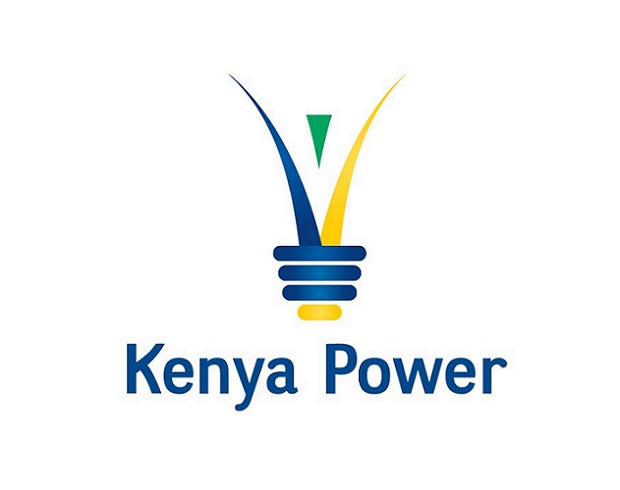“Who let the dogs out?
Who, who, who, who, who?
Who let the dogs out?
Who, who, who, who, who?”
The above lyrics from the song released in the year 2000 by the Baha Men form part of a catchy, dance floor chorus that sticks in one’s mind like a screen saver on permanent loop. They also aptly describe the unrelenting attack currently taking place on the board of directors of the listed utility, Kenya Power (KP).
Mr. Bernard Ngugi, who had been head of procurement by the time he procured the promotion (cheesy pun fully intended) was appointed as KP chief executive officer, in October 2019. Bernard’s lights were turned down low in early August 2021 when his resignation was accepted by the Board and an acting CEO Ms. Rosemary Oduor, appointed to replace him.
Just like night follows a day of resignation, and zebras follow wildebeests, the current Board [which was only appointed in July 2020] suddenly started getting bad press in the media and negative mentions in parliament culminating in the summoning of board members last week to the Ethics and Anti-Corruption Commission to answer to questions of “corrupt” procurement. The chairperson, Ms.Vivienne Yeda, was also summoned last week to the Energy Committee of Parliament to answer to several questions that were so all over the map that Google would have a problem trying to point anyone to find the actual direction that the Committee was heading. From asking for the distinction between an executive director and a non-executive director (something which a parliamentary intern would happily research in all of five minutes), to asking about the details of why Mr. Bernard Ngugi resigned, to the applicable law used by the Board in its refusal to procure meters which had been already approved in a procurement plan and budget, to the implementation status of the human resource structure that had been submitted to the State Corporations Advisory Committee.
Can you procure the key issue that is being hidden in plain sight here, obfuscated by other non-issues such as HR structures and meaningless definitions of directors? Jumping into last week’s attack fray was the secretary general of Kenya Electrical Trades and Allied Workers Union, which represents KP workers, who accused the directors of undermining top management and over reaching on procurement matters. I’m actually quite confused as I have never seen Union officials coming out in defense of non-Union members in the form of senior management. But perhaps I will procure some discernment in due course.
Section 15(1) of the State Corporations Act states that a Board shall be responsible for the proper management of the affairs of a state corporation and shall be accountable for the moneys, the financial business and the management of a state corporation. KP falls within the ambit of the Act as it is controlled by the government who have a majority shareholding of 50.086%. Whereas a Board is not involved in the sausage making part of the procurement process, they are well entitled – as the fiduciary responsibility holders – to give direction on what is to be procured, ask questions on why it should be procured and determine how much the procurement should cost in total through a budgetary process. The board does not get involved in the actual procurement nuts and bolts such as requesting for proposals as that is a management operational function.
When the Board exercises its oversight responsibility, and in this case such responsibility is guaranteed by the State Corporations Act, one starts to wonder why so many noses are being put out of joint. Having listened to the cries of Kenyans who have ceaselessly questioned their high electricity bills, and having scratched the surface and found stock obsolescence and inflated stock purchasing which have to be paid for by hitherto unsuspecting consumers, the new KP Board has drawn a line in the sand and said the days of blindfolded oversight end here. As the late cabinet minister John Michuki aptly said, “When you rattle a snake, be prepared to live with the consequences.” The KP Board has rattled a venomous procurement snake and is currently living the nightmare of dodging its fangs which are emerging disguised in various forms because, after all, the best defense is a strong offense.
The best that we can do, as observers of this nightmare on Kolobot street, is rally behind a Board of directors that is being crucified at the altar of corporate governance and having their individual reputations sullied as a result. It bears noting that people of good integrity will now be highly reluctant to join parastatal boards. But that’s exactly what the venomous snakes want and, in this animal corruption kingdom, more dogs will be let out as we watch.
Twitter@carolmusyoka

 carolmusyoka consultancy
carolmusyoka consultancy
 @carolmusyoka
@carolmusyoka

